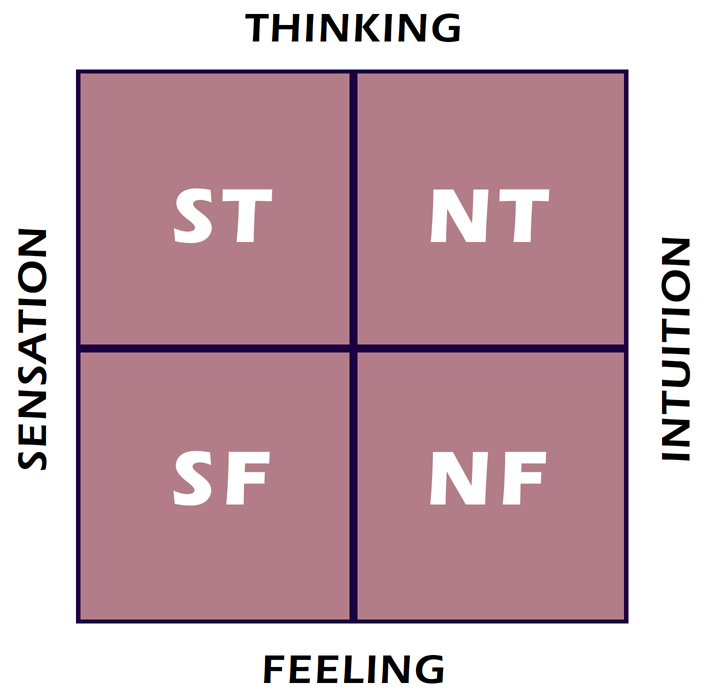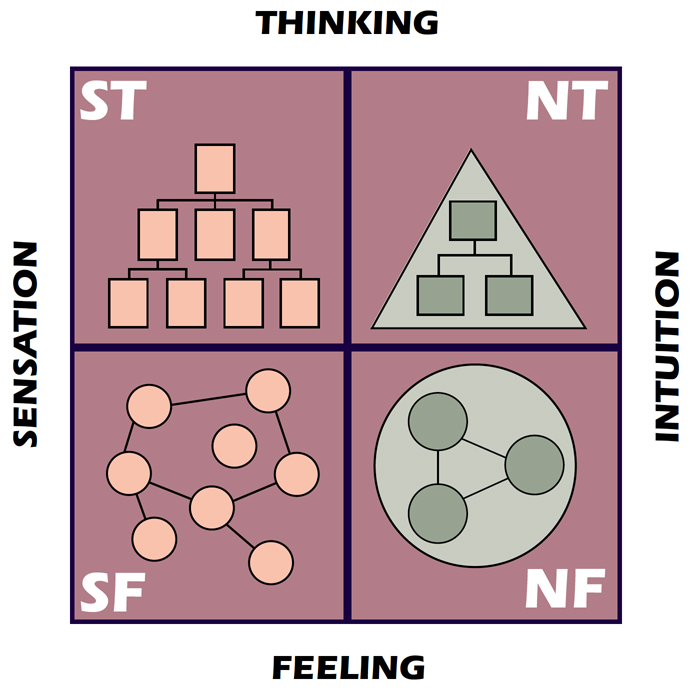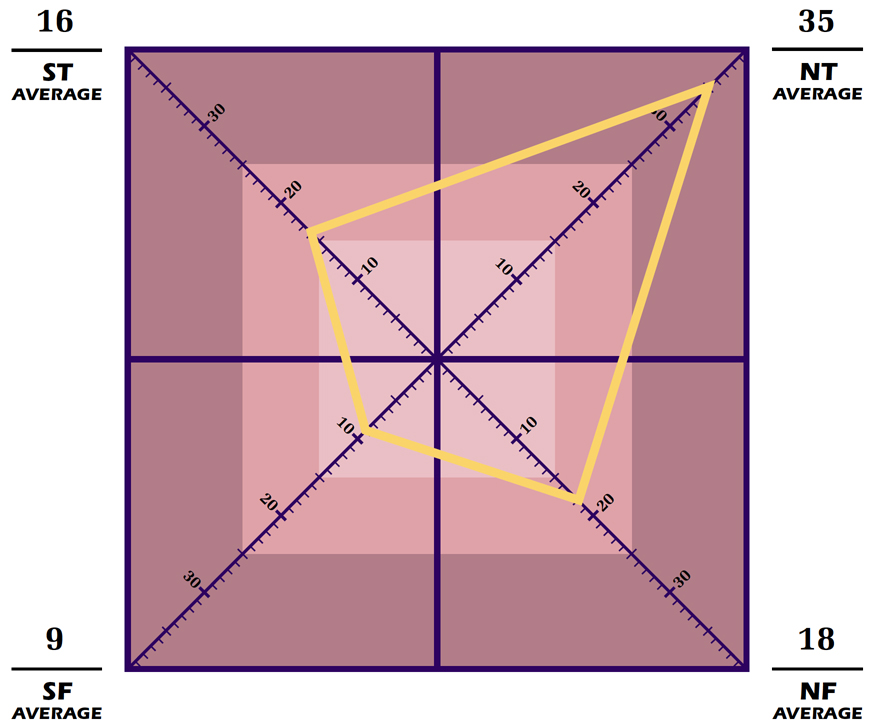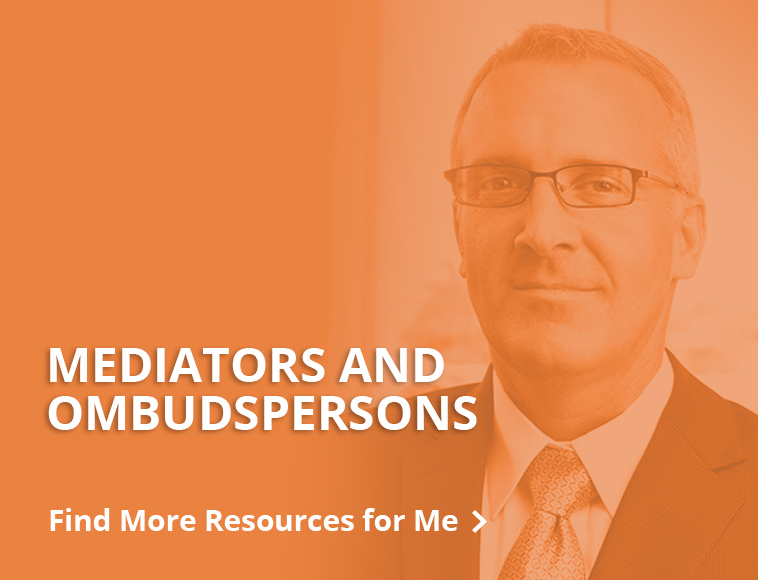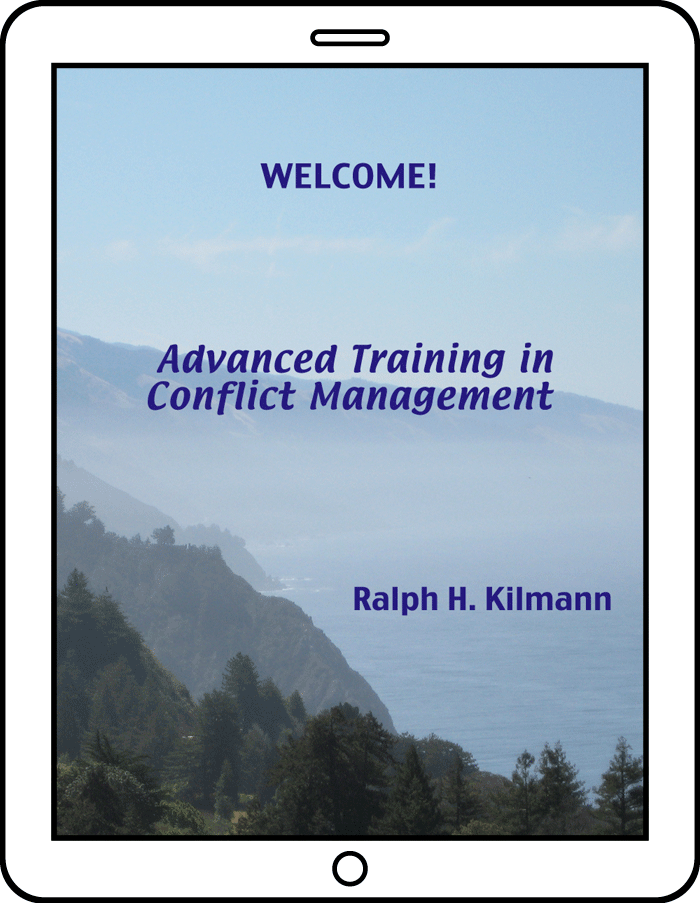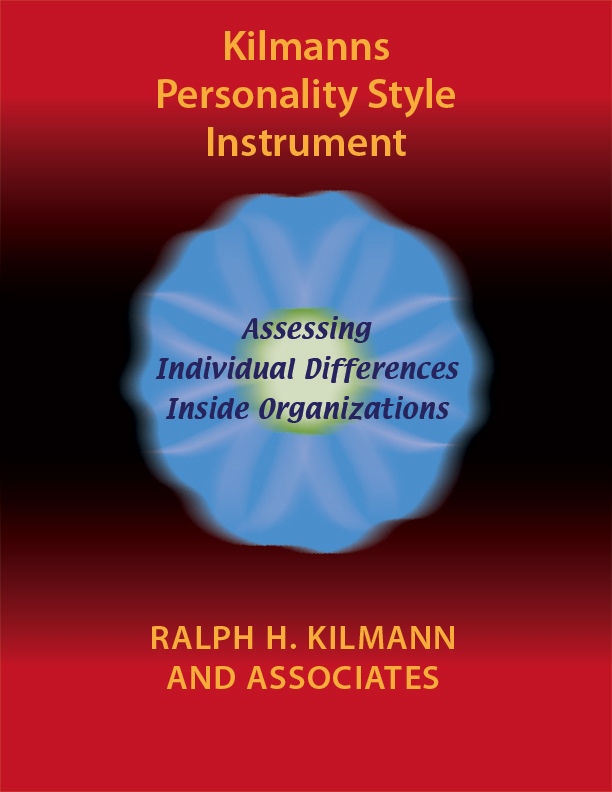
About this Instrument
This instrument assesses a person’s preferences for collecting information and making decisions, as based on the personality dimensions that were originally developed by C. G. Jung: ST, NT, SF, and NF types or styles for approaching problems and conflicts.
Click here to see: Sample Results and Interpretive Materials.
ASSESSING INDIVIDUAL DIFFERENCES
WITHIN ORGANIZATIONS
People respond differently to what goes on in their organization: They have different styles of interacting with others and different ways of getting their work done. It is not as if one approach is necessarily better than another, but rather that one person’s style is simply different from another’s. Nevertheless, regularly using only one or two personality styles while ignoring the other available styles will surely limit the potential for individual and organizational success.
This instrument makes use of the four basic personality styles that were first defined by C.G. Jung in his famous work on Psychological Types (1923). Briefly, there are two different ways that people prefer to take in information—either through the five senses (Sensation or S, for short) or through general impressions (Intuition or N). There also are two different ways that people prefer to make decisions—either through a logical, linear analysis (Thinking or T) or by what seems right, just, or appropriate (Feeling or F). Combining a single preference for information taking with a single preference for decision making results in four personality styles.
1. STs enjoy the well-structured aspects of problem solving. Such people choose a certain alternative on the basis of a logical, impersonal analysis. ST people seek single answers to most questions and prefer the answers to be clearly right or wrong according to some quantitative assessment. It is not surprising, then, that ST persons are most confident dealing with details, facts, and well-established rules.
2. NTs enjoy looking at a complex situation from many different—global—perspectives. Such people are attracted to abstract discussions; they get bored with well-structured and routine problems, and they abhor details. NTs are specially good at creating theories, diagrams, and classification schemes to intellectually structure their world—which largely consists of ideas, possibilities, and conceptual frameworks.
3. SFs enjoy socializing. This activity satisfies their focus on the immediate experience as well as their need for being with friends. SF people are primarily concerned with the special needs of their fellow associates in the organization—rather than the technical or analytical aspects of the work. Their personal style and sensitivity enable them to feel how any decision might affect the quality of life for the organization’s members.
4. NFs enjoy uncertainty and ambiguity. Such people prefer looking into the future and use their personal criteria for deciding what is important to consider. Such people thrive on dynamic complexity; they function best when there is a minimum of structure and when problems have not been defined yet. They are especially concerned about meaning, impact, and the future welfare of their organization and society.
The ultimate challenge for individuals and their organizations is to recognize all differences in style and to use them explicitly for addressing complex problems. If any organization were to see its problems and opportunities from only a single vantage point (applying just one or two personality styles), most efforts at solving key organizational problems would likely fail. If the ST style were not appreciated and utilized, some important technical details would probably be neglected. If the NT style were not available for the analysis of a crucial problem, alternative possibilities and novel approaches might be excluded from consideration. If the SF style were ignored, the very people affected by some proposed solution might not contribute the necessary commitment and support to make it work. And if the NF style were put aside (or, worse yet, put down), the future success of the organization might inadvertently be exchanged for an ill-fated, quick-fix solution today.
WHY TAKE THIS INSTRUMENT?
Every person is a problem manager who must (1) sense whether or not a problem exists; (2) define the root cause of that problem, (3) derive a viable solution to that problem; (4) implement the solution; and then (5) evaluate whether the initial problem still exists…or has been successfully resolved. Each of these basic steps of problem management requires a very different style of collecting information and then making decisions: ST, NT, SF, and NF. If people discover their own Personality Style and then collaborate with diverse others, they will be able to resolve their most complex problems more efficiently and effectively. As such, this instrument is relevant to all these OCCUPATIONAL IDENTITIES:
Purchase the
Paper Booklet
The price of the 28-page Personality Style Instrument is $19.95 per person. It takes only fifteen minutes to complete and another ten minutes or so to graph the Personality Profile of a work group of five to fifteen members. Extra graphs are also provided in the booklet to display the Personality Profiles of departments and the entire organization.
DISCOVER THE FULL
POTENTIAL OF THIS
ASSESSMENT TOOL
In our 8-hour course, ADVANCED Training in Conflict Management, learn how the four personality styles can be used to create four ad-hoc groups (ST, NT, SF, and NF), each of which is then asked to define and solve a complex organizational problem. This course demonstrates why it’s so important for members to know their own personality style so they can combine their preferences for managing complex problems with the different preferences of other members in their group with regard to collecting information and making decisions.



